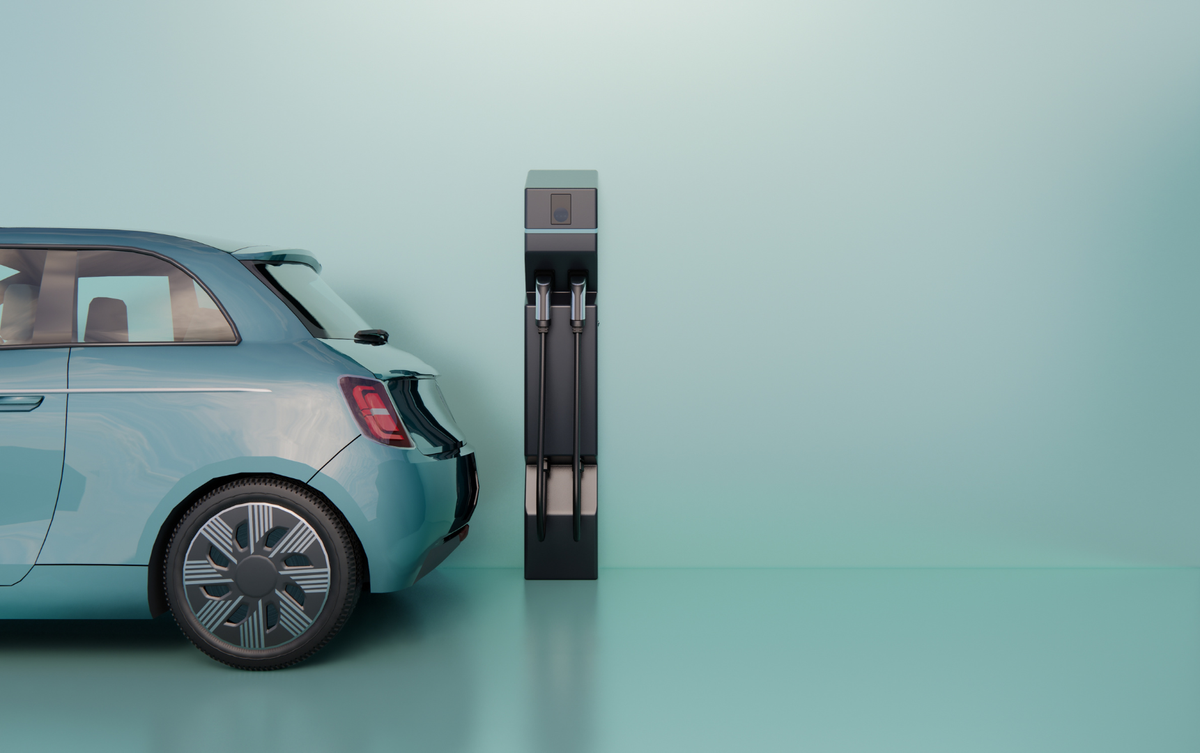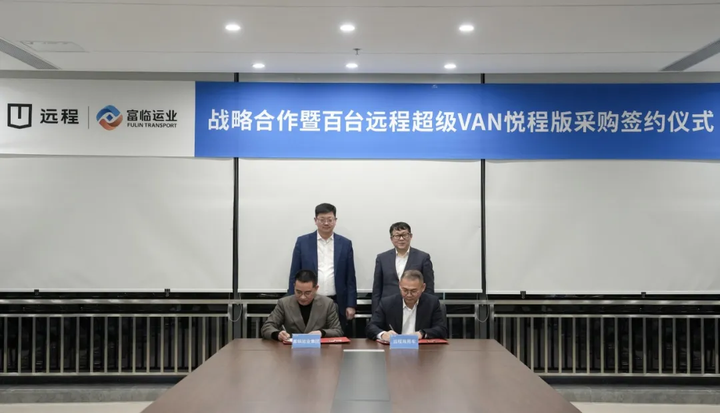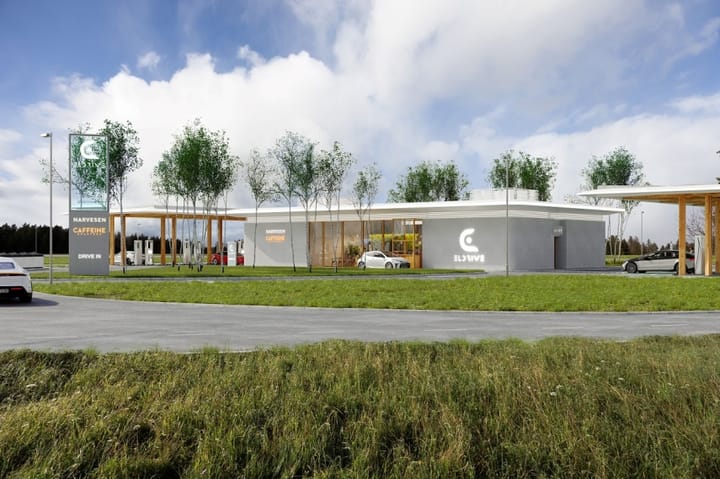Estonia Opts for Negotiation over Tariffs on China-Made Electric Vehicles

Estonia has expressed its preference for negotiation rather than imposing tariffs on China-made electric vehicles, aligning with a more diplomatic approach to trade relations with China. The Estonian Minister of Economic Affairs and Infrastructure, Triinu Prits, highlighted the importance of open dialogue in addressing trade imbalances and ensuring fair competition in the market.
The European Union has been considering tariffs on electric vehicles imported from China, citing concerns over unfair subsidies provided to Chinese manufacturers. However, Estonia believes that engaging in direct talks with China would be a more effective way to resolve these issues. Minister Prits emphasized the need to avoid trade wars and focus on cooperation to address the challenges faced by European automakers.
Estonia's stance reflects its commitment to maintaining strong economic ties with China while advocating for fair trade practices. The country aims to support the growth of its electric vehicle market without resorting to protectionist measures that could escalate tensions and harm the broader economy.
In recent years, China has become a major player in the global electric vehicle market, with companies like BYD and NIO gaining significant market share. The European Union's potential tariffs could disrupt the supply chain and increase costs for consumers, making electric vehicles less affordable and hindering the transition to sustainable transportation.
Estonia's approach to negotiations is seen as a pragmatic step towards balancing trade relations and fostering a competitive market environment. By seeking dialogue, Estonia hopes to encourage China to address subsidy concerns and create a level playing field for all players in the electric vehicle industry.
Source: ERR News




